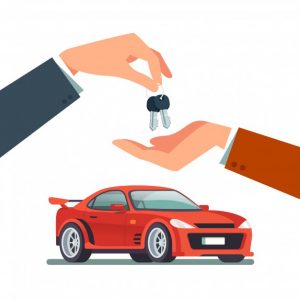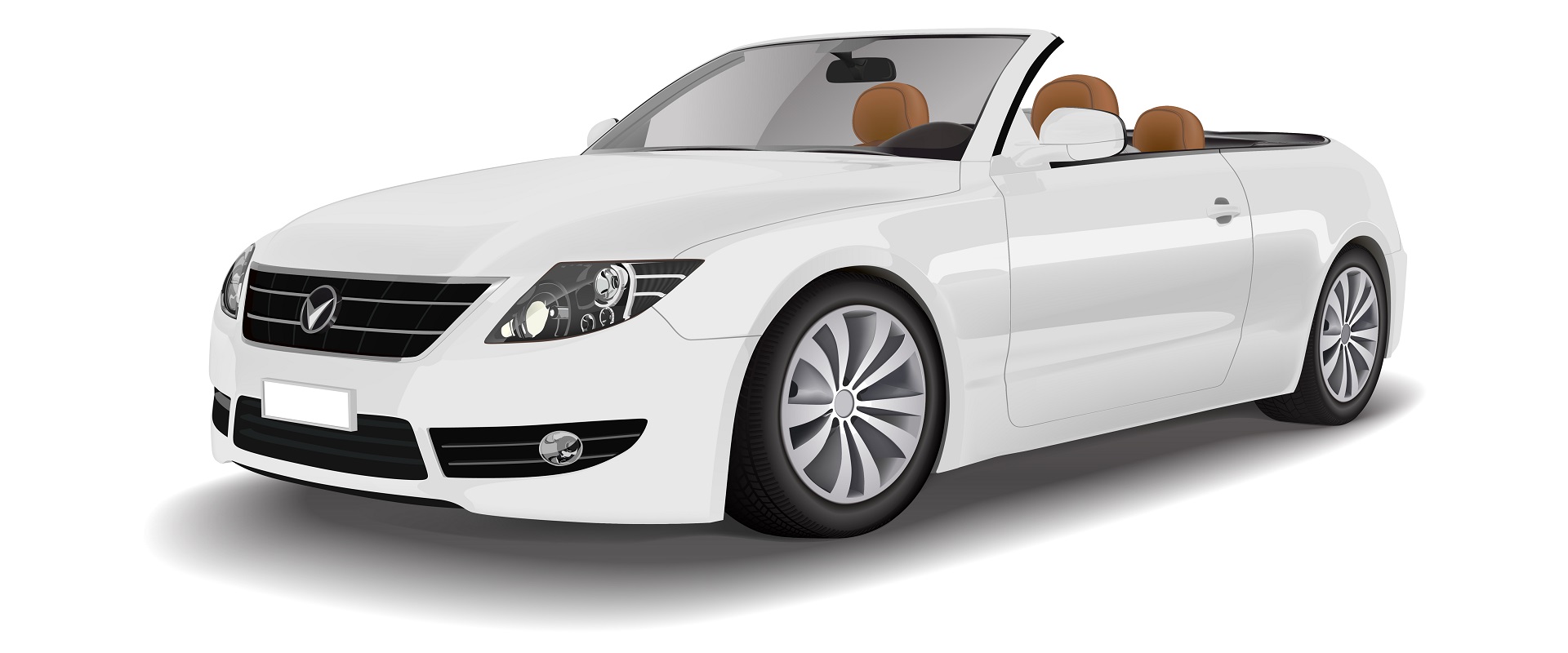Whoever wants to buy a new car faces the second dilemma after choosing a type: How should the new car be financed? Because even if you have the necessary money available, a cash purchase does not necessarily have to be the cheapest solution, especially in view of the current interest rate level. Credit and leasing options are also available for financing.
 If you have the money for the new set of wheels, you will primarily tend to pay for the car in cash. This is understandable, after all, the car will then be yours and there is no monthly charge for the financing. Around a third of all Germans do it that way. But many are subject to a fallacy: They mean that they get bigger discounts on the purchase price of a car paid for in cash. This is usually not the case, because the dealer immediately receives the full purchase price from the leasing company or the bank. In addition, dealers often receive commissions from leasing companies or banks, so that some people do not really like cash payments. In the case of companies, buying in cash is also disadvantageous in terms of balance sheet technology – leasing finance is usually more tax-friendly.
If you have the money for the new set of wheels, you will primarily tend to pay for the car in cash. This is understandable, after all, the car will then be yours and there is no monthly charge for the financing. Around a third of all Germans do it that way. But many are subject to a fallacy: They mean that they get bigger discounts on the purchase price of a car paid for in cash. This is usually not the case, because the dealer immediately receives the full purchase price from the leasing company or the bank. In addition, dealers often receive commissions from leasing companies or banks, so that some people do not really like cash payments. In the case of companies, buying in cash is also disadvantageous in terms of balance sheet technology – leasing finance is usually more tax-friendly.
Credit or leasing?
Around two thirds of car buyers do not have the cash they need to buy a car anyway and must therefore seek financing. Credit and leasing are in balance with these buyers. But what are the differences between credit and leasing? Basically, if you buy on credit, the car belongs to you; if you lease the car, it remains in the ownership of the leasing company. Depending on the leasing contract, a maximum mileage can be agreed, the lessor can also prohibit major changes to the car such as tuning or wider wheel arches. This is not the case with loan financing. You are the master of your automobile. You will still have to hand in the type certificate to the bank. A major difference between credit and leasing is the residual value. With a loan, you usually pay a down payment, but there are also variants without a down payment. The car is then financed over the term – usually four to five years. At the end of the term, the car is yours. With leasing there is usually a residual value. This reduces the monthly load, but can lead to unpleasant surprises at the end of the term.
Beware of the residual value
 Leasing companies often set the residual value unrealistically high in order to be able to make cheap rate offers. After the end of the term, there is a rude awakening: If you do not want to extend the leasing contract or exchange the car, the residual value has to be paid. And this often exceeds the real value of the car. So you have no capital from the used car for a down payment, on the contrary, you have to pay something to get rid of the car. You should therefore pay close attention to how realistic the residual value is for a leasing contract and do not be dazzled by temptingly low monthly payments.
Leasing companies often set the residual value unrealistically high in order to be able to make cheap rate offers. After the end of the term, there is a rude awakening: If you do not want to extend the leasing contract or exchange the car, the residual value has to be paid. And this often exceeds the real value of the car. So you have no capital from the used car for a down payment, on the contrary, you have to pay something to get rid of the car. You should therefore pay close attention to how realistic the residual value is for a leasing contract and do not be dazzled by temptingly low monthly payments.
Leasing offers advantages in terms of insurance
When it comes to insurance, however, leasing offers advantages. Because the leasing companies conclude their contracts in large contingents, which leads to price advantages. On the other hand, most leasing companies require you to take out fully comprehensive insurance for the entire term of the contract. There are also leasing models for companies, which in addition to insurance also include service and repairs of wearing parts. This ensures planning and is also very easy to represent in terms of bookkeeping. Overall, the question of whether cash purchase, credit or leasing can only be answered for each individual case, but it is important to calculate precisely and to take time for the decision.
…

